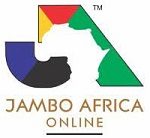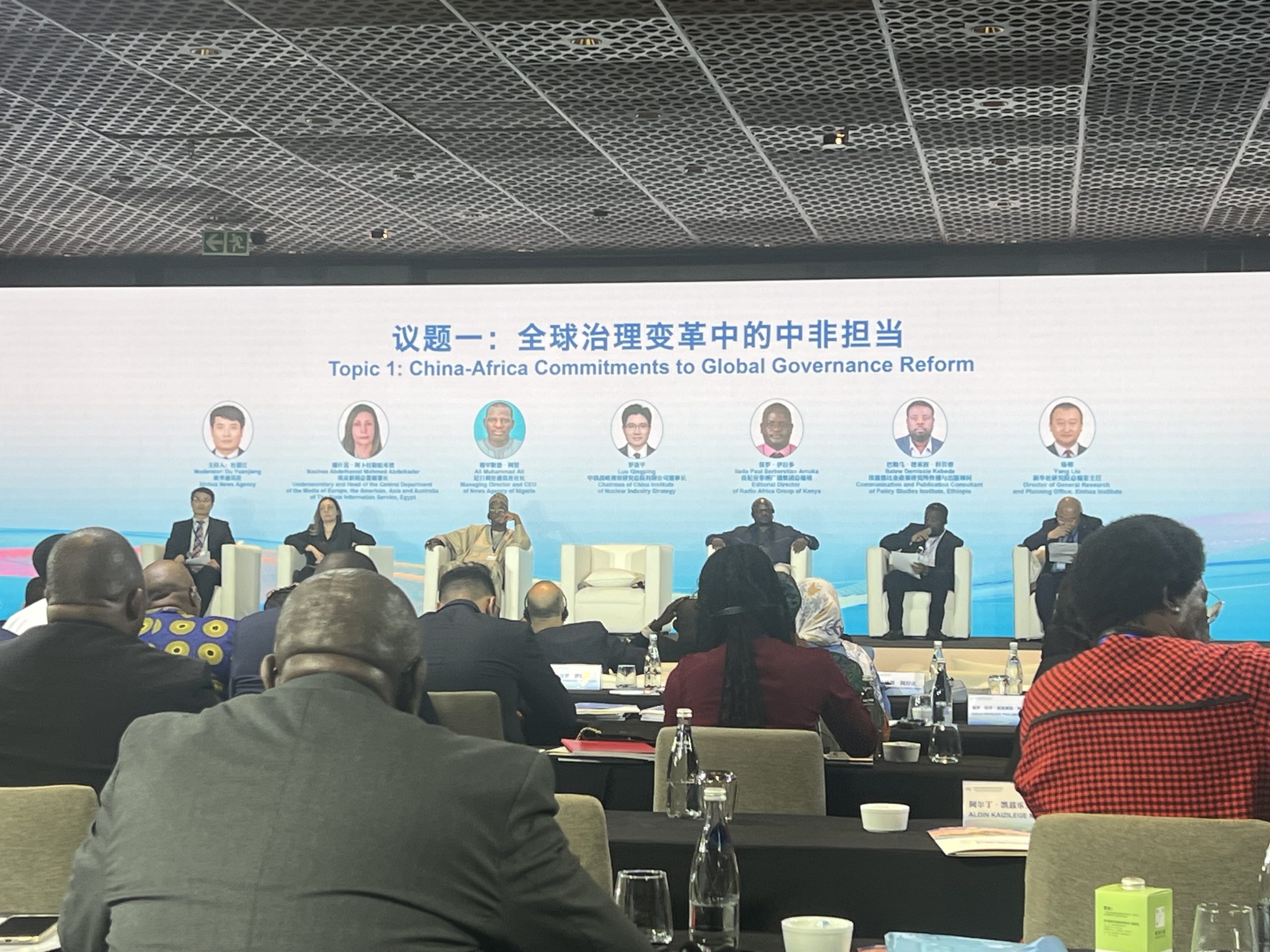By Saul Molobi
In a world grappling with geopolitical uncertainty, resurging unilateralism, and the fragmentation of global institutions, China and Africa used the opening session of the China–Africa Global Media Forum to articulate a bold collective vision for a fairer, more inclusive global order. Let’s focus only on two, out of the many, speeches given during the plenary session – one delivered by Zhang Wei, the Minister of Mission of the People’s Republic of China to the African Union; and Mr. Philly Moilwa, Executive for Policy and Regulatory Affairs at the South African Broadcasting Corporation (SABC – which set the tone for a gathering defined by solidarity, reform, and shared agency.
Reaffirming Multilateralism Amid Global Disruption
Speaking on behalf of the Chinese Mission to the African Union, the keynote representative situated the forum within a historical moment of profound reflection: the 80th anniversary of the end of the World Anti-Fascist War and the birth of the United Nations. He reminded delegates that the UN system – now under visible strain – remains the bedrock of global peace and stability.
Yet, he warned, the world is witnessing a sharp resurgence of unilateralism, Cold War mentality, and disruptions to international law, threatening the gains made over decades of international cooperation. Global deficits in peace, development, security, civilization and governance, he argued, demand renewed collective action.
To this end, he highlighted the suite of global initiatives proposed by Chinese President Xi Jinping: the Global Development, Global Security, Global Civilization, and Global Governance Initiatives. Together, these frameworks provide what he termed a “Chinese solution” – a pathway rooted in the inclusive, harmonious, and peace-oriented character of Chinese civilisation.
Crucially, he stressed that China does not export political systems or values, nor does it seek ideological confrontation or exclusive blocs. Instead, China embraces openness, mutual learning, and civilizational coexistence.
In a gesture of appreciation, he noted the swift and enthusiastic support African countries and the African Union Commission have shown for the newly launched Global Governance Initiative. China and Africa, he argued, share not only similar historical experiences but also converging visions for a just and equitable global order.
“China is and will remain a reliable partner of Africa,” he said, reaffirming commitments to:
- support Africa’s positions in multilateral forums, including the UN Security Council;
- advance peace and security cooperation, especially through peacekeeping;
- accelerate industrialization through high-quality development and zero-tariff trade frameworks; and
- deepen cultural exchanges during the upcoming 2026 China–Africa Year of People-to-People Exchanges.
The message was unmistakable: China and Africa are charting a common future in global governance.
SABC: The Global South Must Become the Author of Its Own Story
Taking the podium next, Mr. Philly Moilwa, Executive for Policy and Regulatory Affairs at the SABC, delivered a compelling call to action – one that blended reflections on media responsibility, technological transformation, and narrative sovereignty.
Molobi emphasized that the Global South is undergoing a defining historical shift. No longer passive observers of global currents, the nations of the Global South – home to the majority of the world’s population – are becoming active architects of global transformation. Yet, despite their contributions, many of their stories remain marginalised or distorted in global discourse.
“This forum is an assertion that our lived realities, histories and aspirations deserve authentic representation,” he declared. “It is an act of reclaiming agency.”
Moilwa underscored the role of public broadcasting in sustaining peace and democratic understanding. Drawing from South Africa’s own journey from conflict to democracy, he noted that lasting peace requires justice, dialogue, and transparent communication—an area where public broadcasters like the SABC play an irreplaceable role.
The SABC, he said, is increasingly central to continental and global media diplomacy. South Africa’s preparation to host the upcoming G20 Summit will see the SABC serve as the official media host, ensuring African narratives assume their rightful place in global conversations.
He also highlighted the SABC’s digital transformation through SABC Plus, a free streaming platform that extends access to credible content for millions – particularly underserved communities. Molobi framed this as more than a technological innovation: it is an instrument of democratic inclusion.
On the governance of global information flows, Molobi warned against the disproportionate influence of Global North platforms. He called for reform that upholds fairness, strengthens ethical journalism, and ensures algorithmic transparency. The SABC, he said, is exploring responsible AI solutions that protect electoral integrity and public trust.
Cultural diplomacy remains central to the broadcaster’s mandate. Through 19 radio stations, 5 TV channels, and Pan-African programming via Channel Africa, the SABC continues to nurture linguistic diversity, African identity, and intercultural exchange.
Yet Molobi also acknowledged the serious structural challenges facing media in the Global South: declining revenue models, rural infrastructure gaps, youth audience fragmentation, political pressure, and the dominance of global tech giants. These challenges, he argued, should spur innovation, partnerships, and sustainable media development strategies.
His concluding message was powerful:
“Let this forum mark not the end of a conversation, but the beginning of a movement—one that positions the Global South not as the subject of others’ stories but as the storyteller of its own destiny.”
A Convergence of Vision and Purpose
Taken together, the two speeches revealed a strong and evolving consensus:
- that global governance must be rebalanced,
- that the Global South must amplify its voice,
- that media is central to narrative power, and
- that China–Africa cooperation is becoming an indispensable force in shaping the 21st century world order.
In an era marked by fragmentation and geopolitical competition, Johannesburg hosted not only a forum – but a pivotal moment of renewed partnership and shared ambition.
If the voices heard in the opening session are any indication, the future of global governance will increasingly bear the imprint of China–Africa solidarity and Global South leadership.

